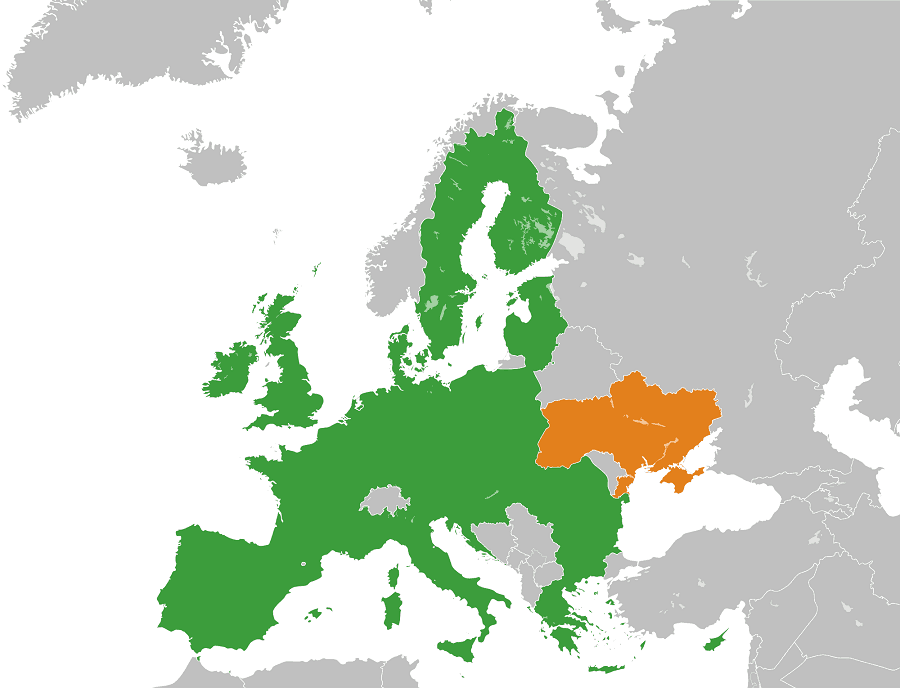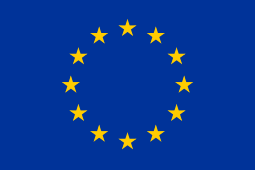
What are the requirements for a European Work Visa?
What are the requirements for a European Work Visa?
Fill out the application form.
Completed and double-printed. Don't forget to sign both copies when you're finished!
Two nearly identical images.
According to the standard Schengen visa photographic criteria, these images must have been taken within the last three months.
A valid passport is required.
On the date you plan to leave the Schengen area, your passport must be no more than ten years old and valid for at least three months. Check that there are at least two blank pages for the visa sticker.

